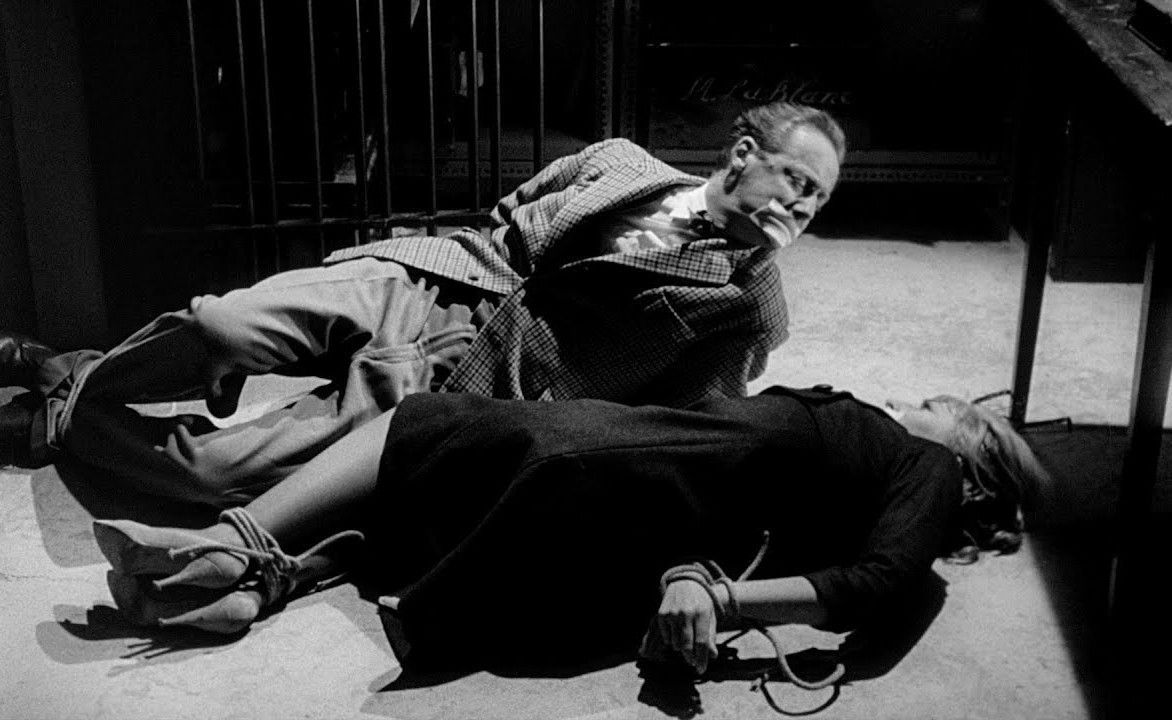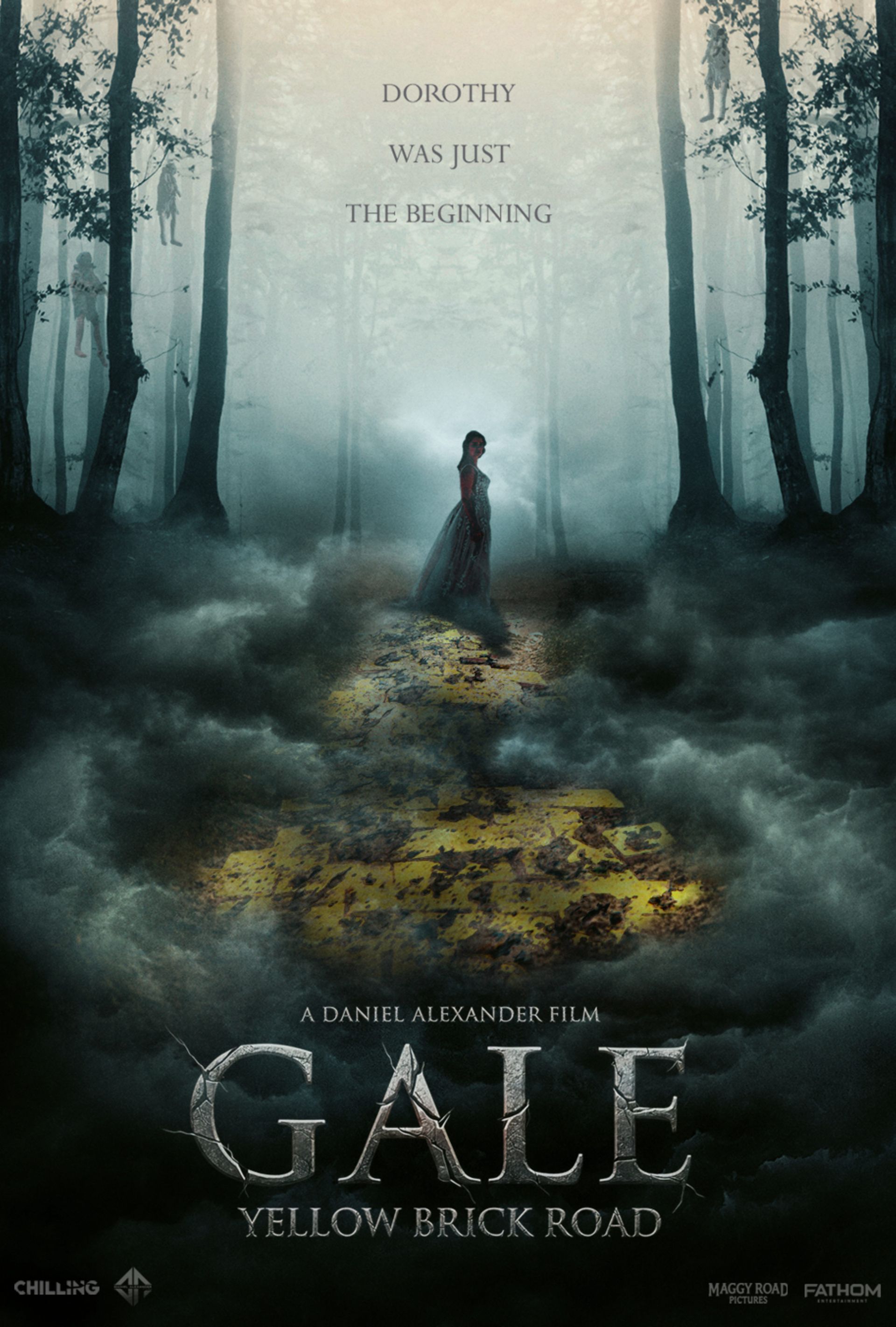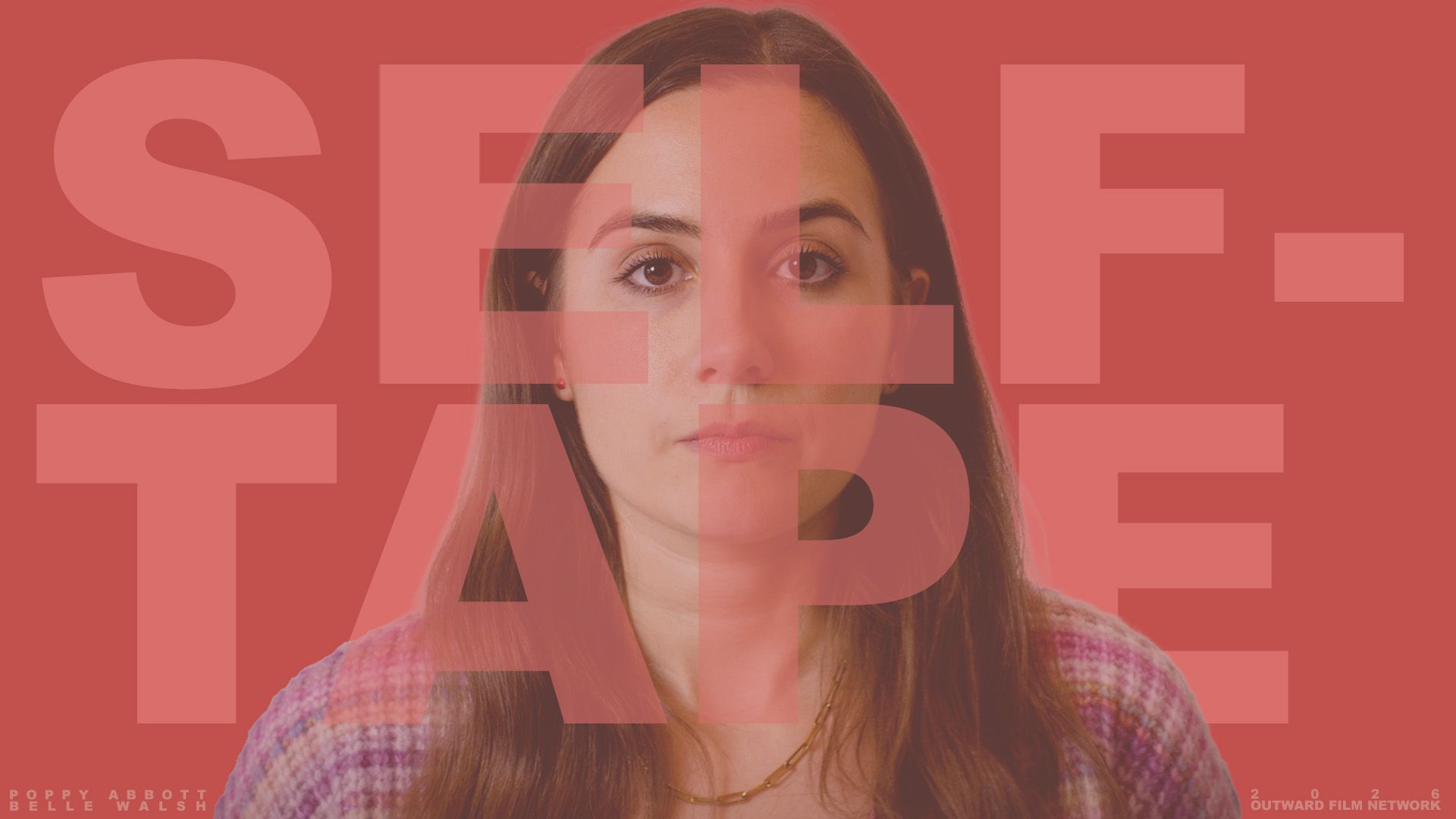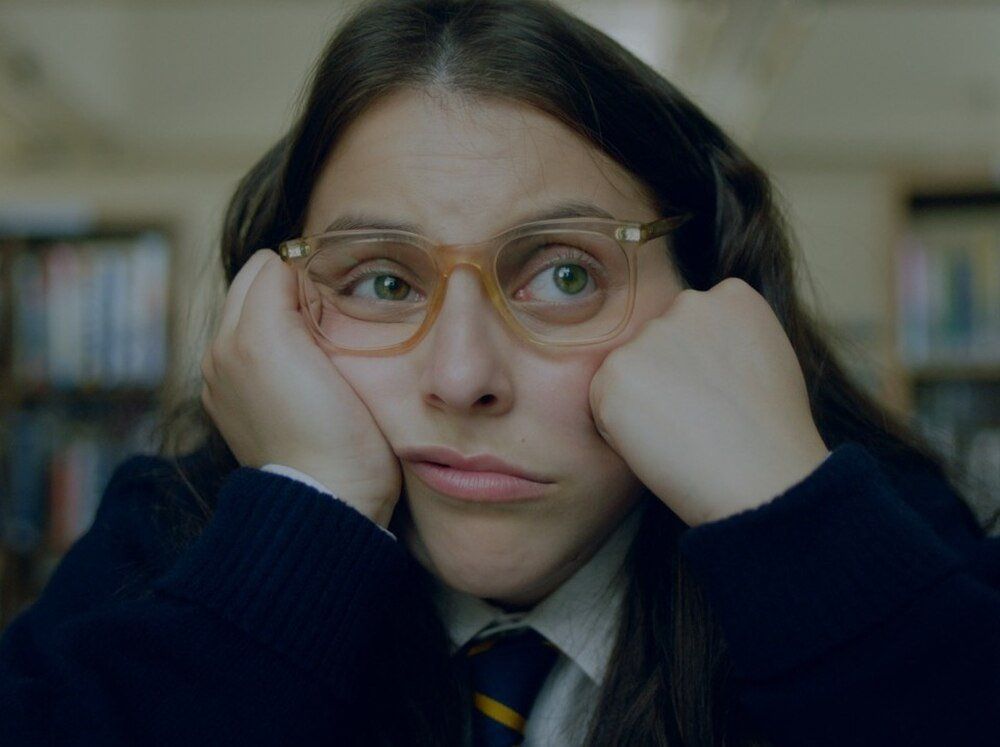Midlands Review of If Only Avenue
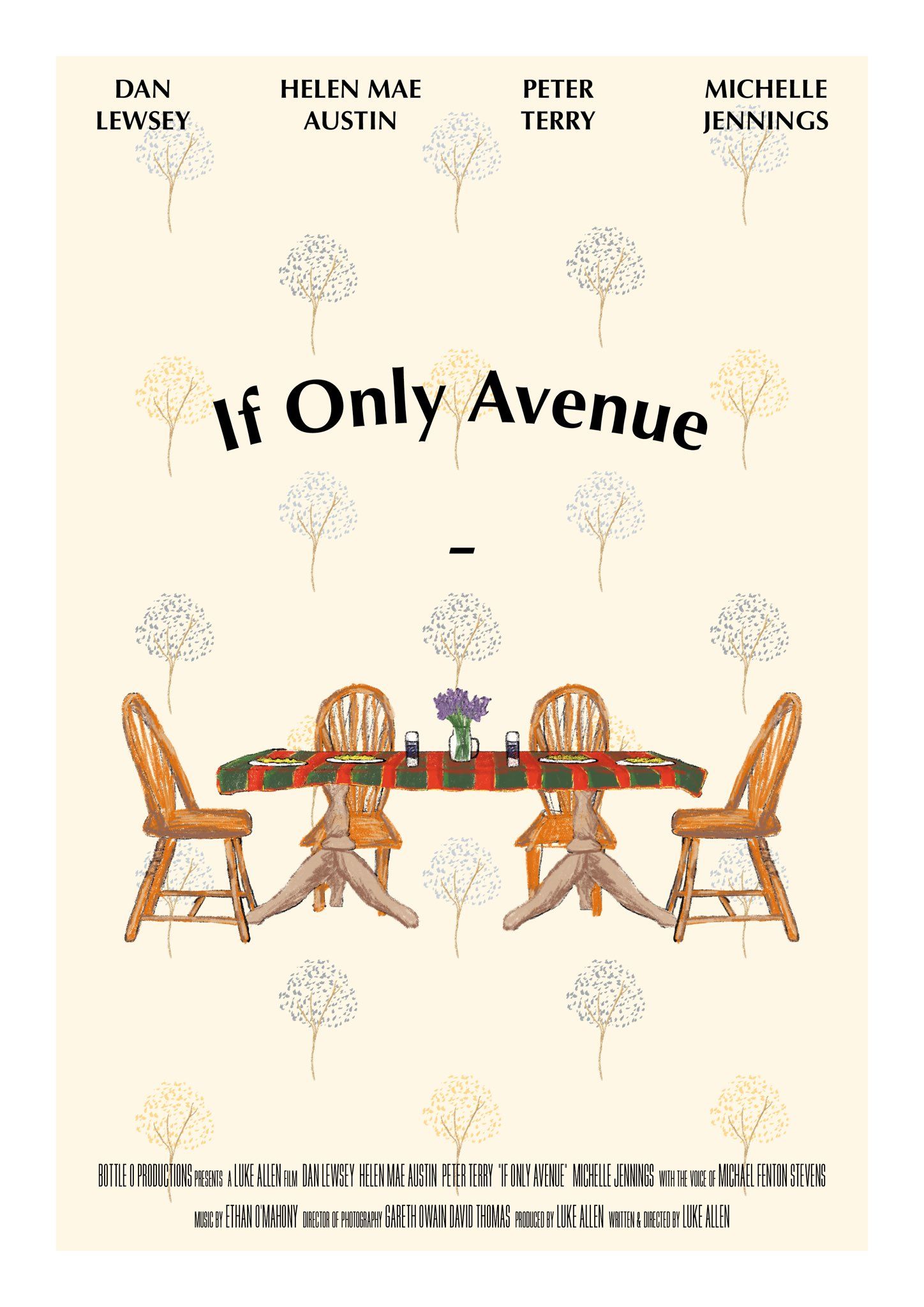
If Only Avenue
Directed by Luke Allen
2022
Bottle O Productions
A new short film called If Only Avenue comes courtesy of young filmmaker Luke Allen who uses the release of a juvenile convict to discuss the fallout of his incarceration during a family dinner.
A prison location and the sound of keys rustling sets the scene as we see a young man (Dan Lewsey as Tony) being awoken by a prison guard and told it’s his “lucky day”.
This man is released and subsequently waits at the jail gate for the arrival of his father who greets him with a huge hug.
We then cut to a family dinner table where the man and his father are joined by two women beginning an awkward family interaction as they try to reconnect with each other.
After an 11-month sentence in the slammer, the resentment of the family boils up and moments of silence are interspersed with hard-hitting accusations whilst the father brings attention to events the boy has missed whilst inside.
The film is an A-Level project that was filmed both in a limited time frame and with a zero budget. If that wasn’t enough it was also made during the pandemic. Tough times.
These constraints have sadly impacted on the film’s quality. And being totally honest, there’s quite a few areas of improvement in If Only Avenue.
It firstly feels a bit like a work in progress – a rehearsal or first run-through you would do to begin the production process to work out blocking. It doesn’t have the sheen of a finished article which hurts it immensely.
However, we wouldn’t be doing our job to help a younger filmmaker if we didn’t recommend ways to make their films a bit more cine-literate.
Technically the biggest issue is with the lighting. It’s underlit in some shots which wouldn’t be as bad if it was consistent. But here, it changes significantly from shot-to-shot. Even if the filming couldn’t be re-done, in post-production you should certainly try to edit the brightness and contrast to get a better sense of continuity. (Here’s a one-light advice video on YouTube that can help filmmakers when your access to tech is limited).
Another suggestion would be to find more preparation time and storyboard it out. Studying how other films have approached this sort of sequence is paramount when you’re starting out. Dinner table scenes can be full of tension and awkwardness and a bit of reading/watching beforehand could help find (heck, even steal) the right shot-type and pace for your own flick.
A couple of examples include this awkward moment in The Kids are Alright and the classic Close Encounters of the Third Kind where Spielberg uses subtle shot movement and a multitude of reaction shots to create the tone.
The use of some overlapping dialogue can create a more natural feel (and can be utilised for arguments) which is best seen in the great table-opening of Reservoir Dogs and also in Annie Hall
Finally, a decision needs to be made about whose story it is that you want to tell. Here, is the main focus on the guests’ reactions, the young woman's anger or the protagonist’s possible regret? This will certainly help make the shot-choice easier.
The director’s previous film (Reduced to Clear) didn’t have the limitations imposed on it that this one did, and that short demonstrates the filmmaker’s skills far better. And again shows the difficulty of making films with too many constraints.
In the end, Allen shows much more promise in his previous short and some better prep would have gone a long way in this film. As it is, the interesting narrative of a man dealing with his post-prison struggles is lost in a mix of technical issues that unfortunately cloud most of the short.
★★
2/5
Michael Sales
